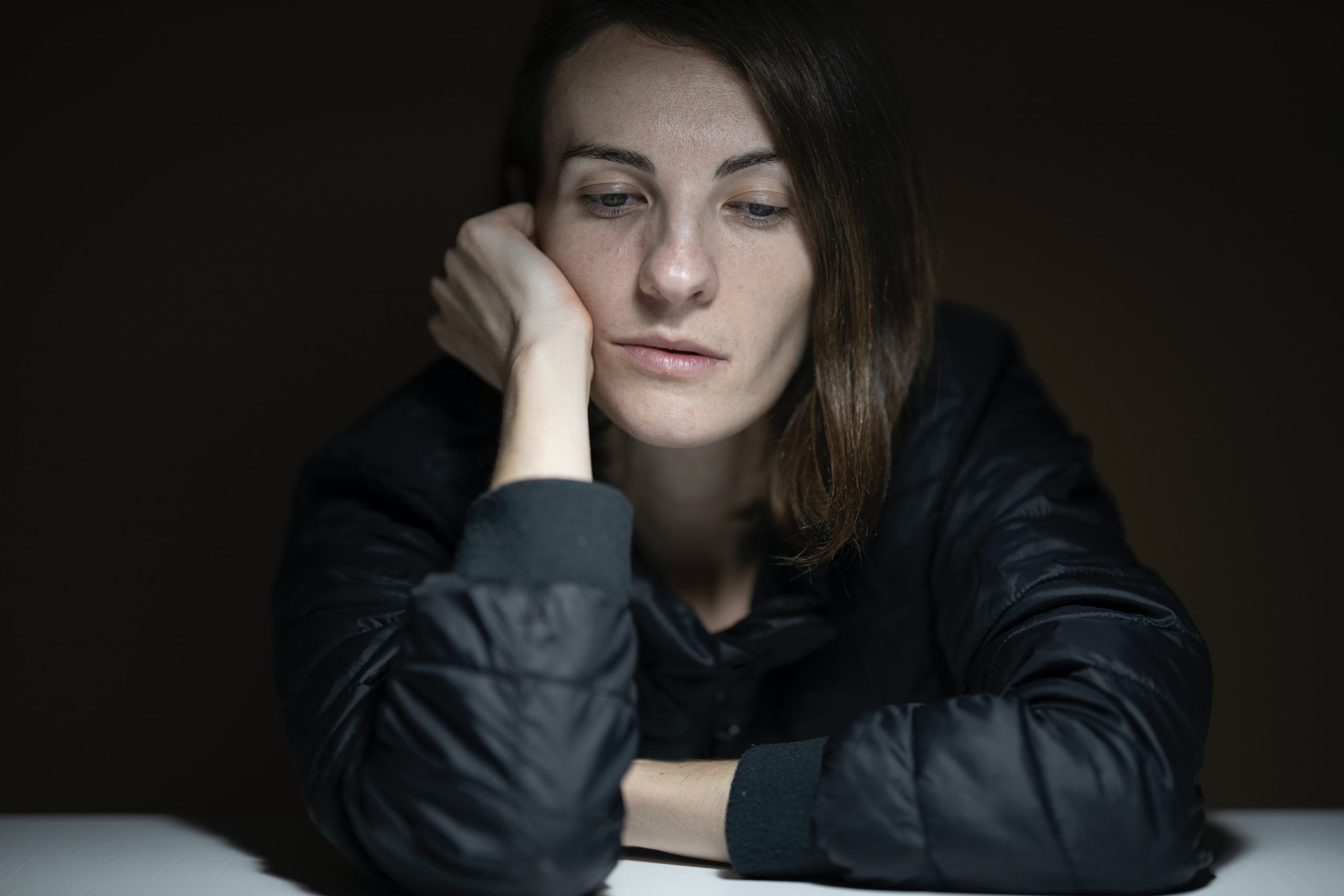People living with depression know the difference between the easy days and the hard days. On those easier days, the symptoms may feel far more manageable. You may notice yourself experiencing moments of joy or happiness, and you might feel confident with yourself.
But the hard days can be extremely hard. And when those days start accumulating, you might be wondering, Is my depression getting worse? Will things ever get easier? Am I trapped feeling this awful way forever? When you’re in that darkness, you might feel hopeless or afraid, and those feelings are entirely valid.
The reality is that clinical depression is challenging to live with. But if your depression is getting worse, it doesn’t mean things are doomed, or that the symptoms are permanent. Here are some ways you can cope.
Know Your Depression Patterns and Common Symptoms
Some people note that their depressive symptoms follow certain patterns. For example, you might notice how a few nights of bad sleep significantly impacts your mental health. Or, you may recognize that stressful interactions with a loved one triggers emotional reactions.
Knowing your patterns can help you better manage depressive episodes. You may be able to anticipate when specific symptoms occur, which can allow you to better plan for them.
That said, while mental health disorders can ebb and flow, severe depression doesn’t always follow a predictable timeline. Triggers and patterns may also evolve, making it difficult to identify the onset of specific symptoms.
Focus on Maintaining the Basics When It Comes to Your Mental Health
A depressive episode may deplete your energy levels, heighten your negative thoughts, and compromise your emotional well-being. When this is the case, small tasks might seem impossible. Even if you are functioning through the day, it might seem like you’re running on auto-pilot.
Some people find that setting very small goals helps them stay focused when managing the more severe symptoms. This may look like challenging yourself to follow regular eating habits or keeping your wake times consistent. It can also look like practicing just one or two positive coping skills that temporarily boost your mood.
As much as possible, try to hold yourself accountable to following a simple schedule. If you feel comfortable, talk to a family member about what’s going on, and let them know about your routine.
Worsening depression symptoms can reinforce themselves. Self-care, even if it feels challenging, can break up some of the more challenging emotions and help you stay on track. Remember to practice self-compassion– you won’t always cope perfectly, but being kind to yourself is an important part of treating depression.
Reach Out for Crisis Support If Depression Escalates
Severe symptoms of depression can feel scary or overwhelming. If you’re experiencing suicidal ideation, worsening substance abuse, or thoughts of self-harm, reaching out offers quick relief.
Crisis hotlines provide immediate support and offer action-based coping strategies that cultivate a sense of safety during acute moments. They don’t treat depression, but they offer initial stabilization.
Some people feel guilty or nervous about using these resources. Try to remember that your mental health issues are valid, and you are allowed to acknowledge your emotions and ask for guidance. These options are there to help people struggling.
It may also be helpful to make a safety plan as part of your depression treatment. A safety plan lists supportive people, coping skills, and emergency resources. Ideall, you can refer to this plan if you’re struggling with a major depressive episode or experiencing significant emotional distress.
Talk to Your Doctor or Psychiatrist About Your Depressive Symptoms
Mental illness is complicated, and certain medications, health conditions, or lifestyle changes can worsen depression. In addition, depression may underlie other mental health conditions, such as bipolar disorder, anxiety disorders, PTSD, and prolonged grief.
That said, medication for depression can help alleviate certain symptoms and may improve your overall well-being. SSRIs are the most commonly-prescribed medications, but there are numerous options.
In recent years, there have also been more strides in solutions for treatment-resistant depression. These options may include other psychiatric medications, electroconvulsive therapy (ECT), VNS (vagus nerve stimulation), and other experiential methods.
Each treatment method has its risks and benefits. Some people need to try a variety of options before finding an approach that works best for them. If one option doesn’t work well for you, try not to give up.
Therapy for Managing Depression in Texas
If your depression symptoms are getting worse, speaking to a mental health professional can help immensely. Therapy offers a supportive environment to unpack your emotions, understand important triggers, and cope with stressful symptoms.
I emphasize providing warmth and safety for clients experiencing depression. Even though things may feel dark right now, we can work together toward achieving more hope, connection, and joy. Mental health recovery is possible, and I am here to support you on your journey.
Contact me today to schedule an initial consultation.

